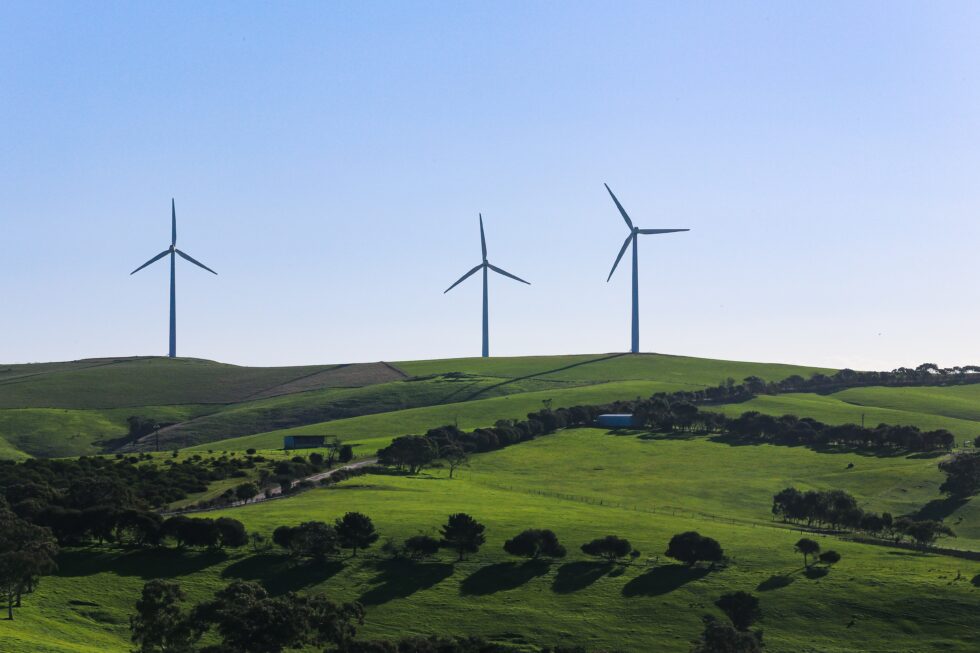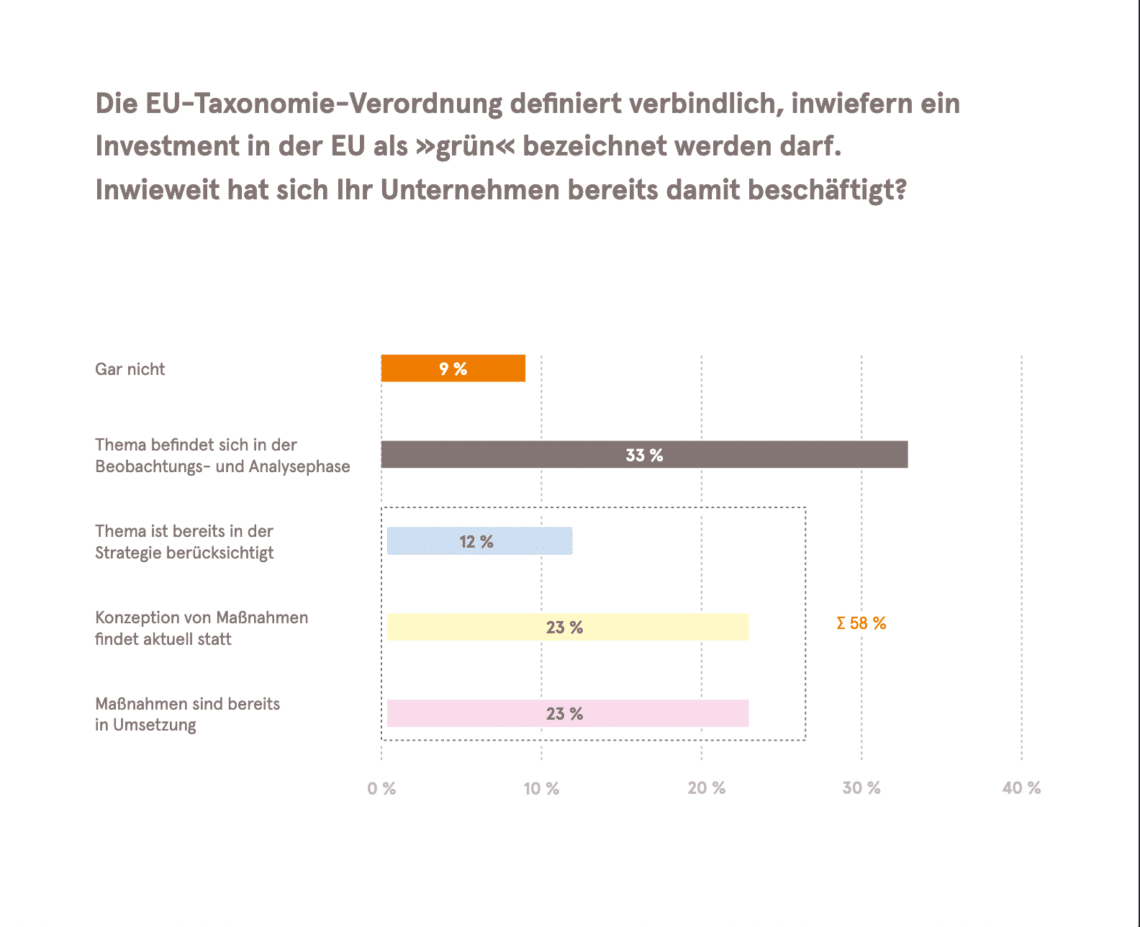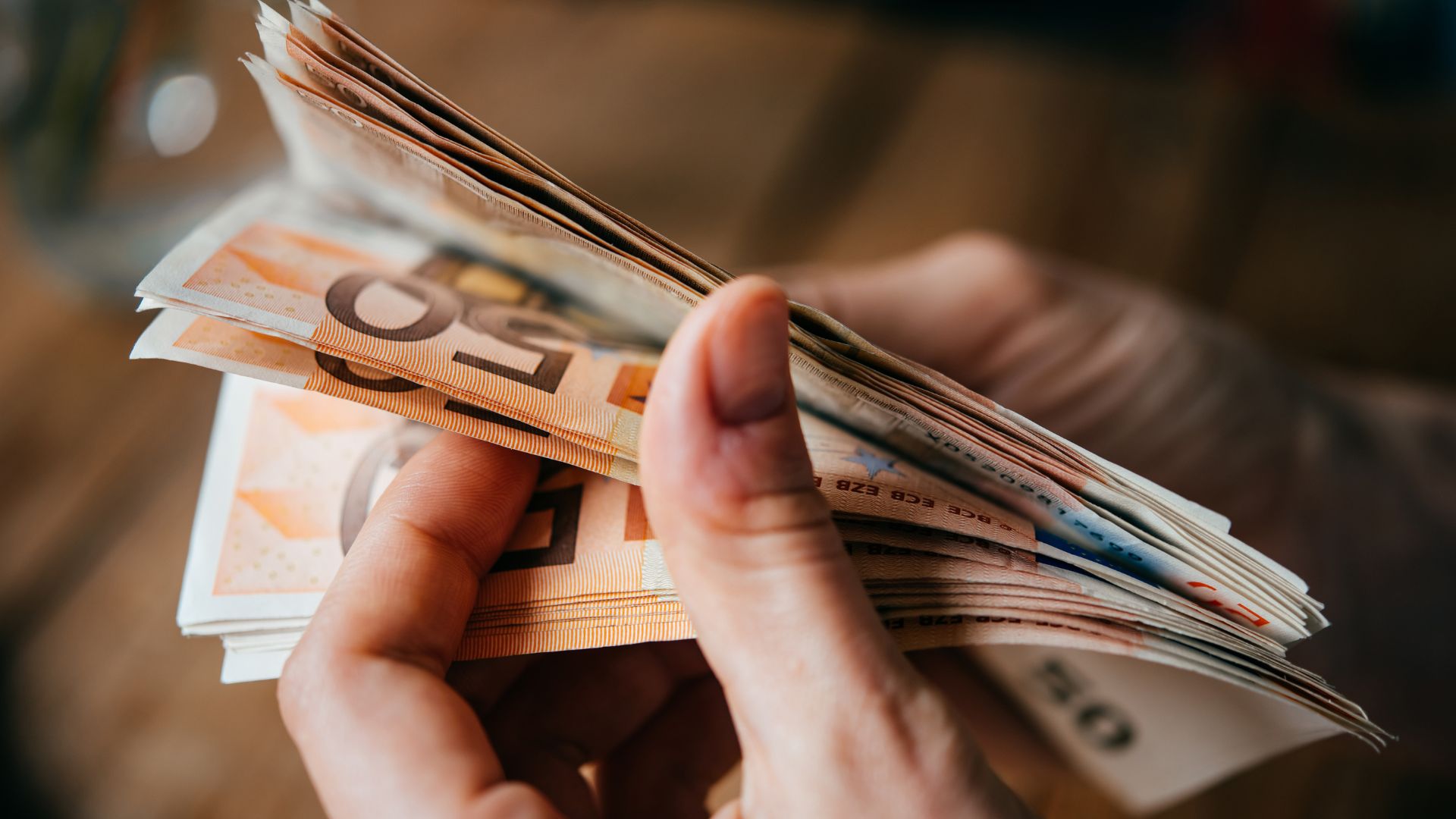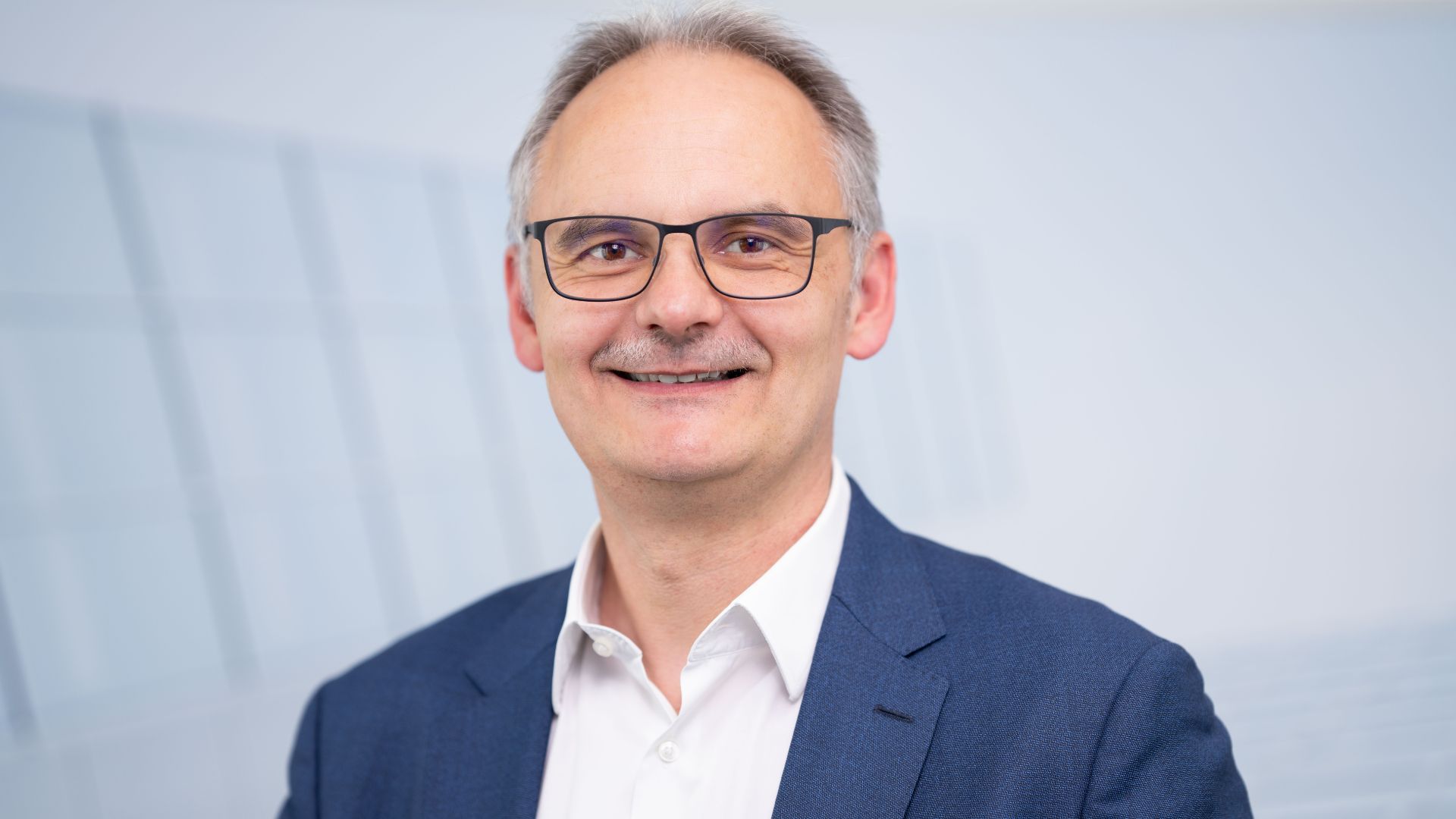They call themselves green bank, Ökobank or Ethikbank and invest in socially and ecologically sustainable projects: Credit institutions such as GLS Bank, EthikBank eG, Openbank; Tomorrow and Evangelische Bank. In this post, we’re going to take a closer look at how green banks work, what sets them apart from „traditional“ financial institutions, and what industries they actually invest in.
Ökobank – what does that mean?
Genuine eco and ethical banks invest in nature-conscious, sustainable projects and in shares of companies that are committed to environmental or climate protection, but in any case to the sustainable use of our resources. This is the claim of these credit institutions, which are very different from traditional banks in terms of investment and financing.
In general, the eco-banks want to get away from the grubby image of some traditional, large and established institutions, which have been associated with many things up to now – but rather less with the common good, environmental thinking or ecologically compatible projects. Instead, with questionable financial products, lavish manager salaries or the (co-)financing of arms companies.
Of course, sustainable banks also use their investors‘ money and reinvest it – but much stricter rules apply to re-investment. The money should be invested ethically and responsibly. The investment criteria are therefore subject to the very highest requirements.
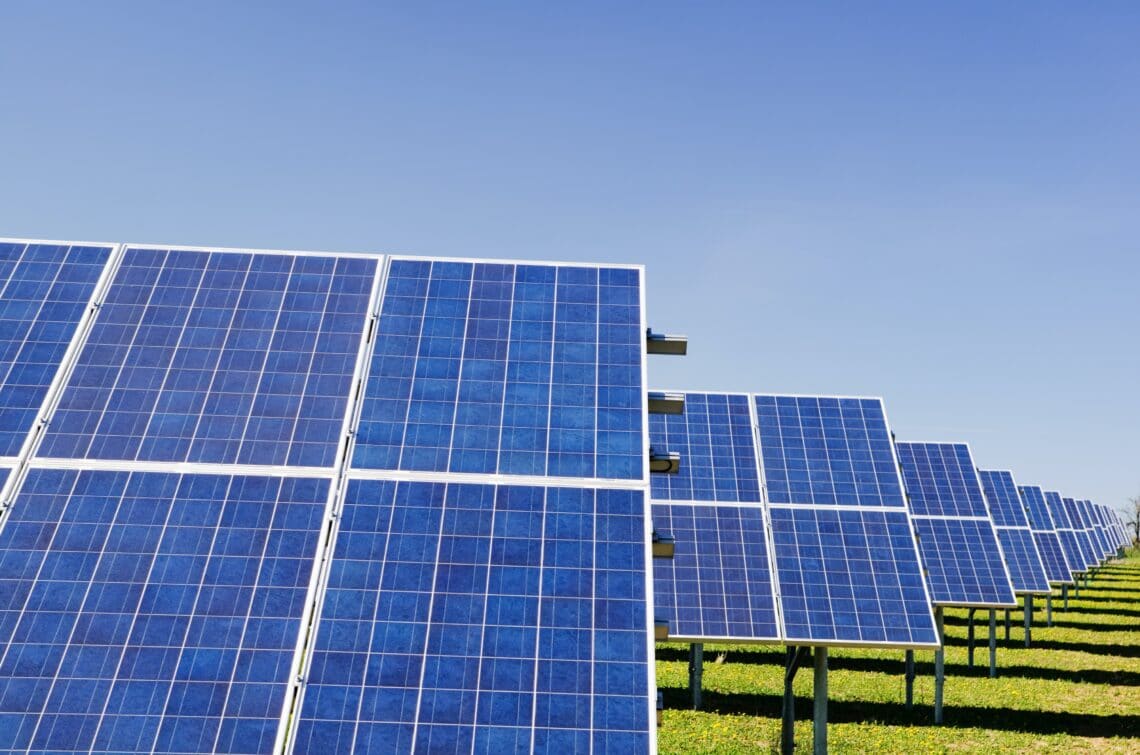
The majority of ethical banks are direct banks that offer their services exclusively online.
The green investment – 6 well-known ethical or environmental banks in Germany
Triodis Bank
Triodis Bank, which is based in the Netherlands, has been active on the German market since 2009 and has its registered office in Frankfurt am Main. Founded in 1980, the credit institution is one of Europe’s best-known eco-banks and employs a total of almost 1500 people. Triodis became famous above all for the first green payment card. This is not made of plastic, but was made from renewable raw materials.
The EthikBank
EthikBank is a branch of Volksbank Eisenberg and has been on the market since 2002. The credit institution primarily finances social projects. Companies wishing to obtain a loan from EthikBank must demonstrate an active commitment and a strong willingness to act in a sustainable and socially responsible manner. Investment in arms deals or in nuclear energy are categorically excluded. Expansion into Austria followed in 2006. Currently, EthikBank employs more than 80 people.
GLS Bank
GLS Bank (GLS stands for „Community Bank for Lending and Giving“), based in Bochum, Germany, describes itself as „the world’s first eco-bank“. The fact is that it is Germany’s first environmental bank. Founded back in the mid-1970s, the bank now has eight branches in major German cities such as Munich and Berlin. Every year, it finances more than 10,000 social and environmentally friendly projects, for example in the fields of education, renewable energies, social welfare and health.
Tomorrow

Mobile banking for a better tomorrow – that’s the tagline of Tomorrow, a smartphone-only bank founded in 2017. With its banking app, the startup primarily targets online-savvy young adults and customers who are open to digitalization, modernity and, above all, sustainability.
Environmental Bank
Since 1997, Umweltbank has been fully committed to sustainable thinking and environmental protection. In that year, the independent private bank, which offers neither a current account nor a bank or credit card, was founded. Instead, the focus of its business activities is on financing „green“ real estate, the compatible renovation of old buildings, ecological farming and various environmental projects. In addition, Umweltbank offers sustainable capital investments and investment advice (environmental shares, environmental funds, etc.).
Protestant Bank
It is currently the largest church bank in this country: the Evangelische Bank. Founded in 2104, the alternative bank operates according to social-ethical as well as ecological principles and is primarily committed to projects in the church, diaconia and health and social economy segments. It has offices throughout Germany (including Nuremberg, Stuttgart and Speyer) and its headquarters are in Kassel in northern Hesse.
Where does the money go?
Alternative banks maintain an „ethically correct“ approach to their customers‘ money. For example, they invest in projects and companies in the following areas
- renewable energies
- Animal Welfare
- Environmental protection or nature conservation
- Organic farming
- green building
- Education
- Health
- sustainable economy
Investments in church charitable institutions also play a major role, for example in church banks. In addition, many ethical banks support environmental projects all over the world. They invest in green/climate or social bonds, as well as in companies that are committed to minimizing people’s environmental footprint.
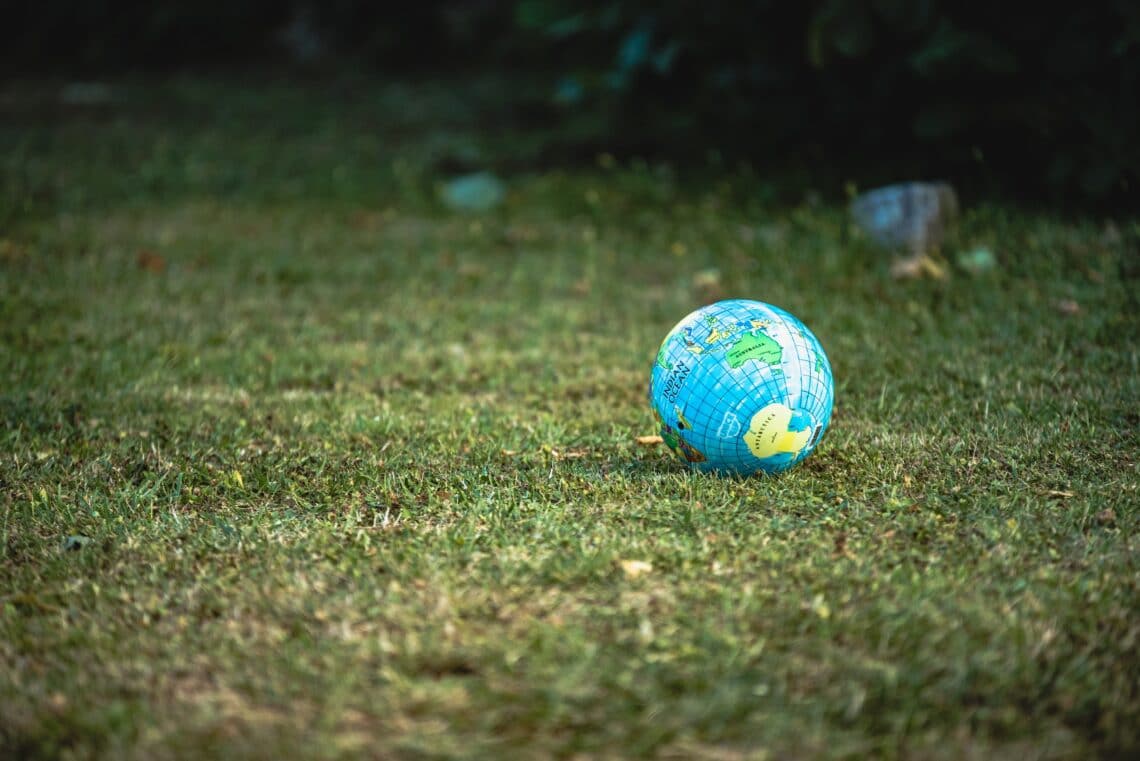
The opposite of this are all those business areas and fields of activity that run counter to the idea of sustainability. Many of the regular, established major banks support companies in these sectors with their money. Among them: the tobacco and arms industries, genetic engineering or nuclear energy.
The target group / customers:
Green banks have long since ceased to focus solely on the knitted sweater-wearing eco or the Green voter who has been a staunch supporter for years. Rather, environmental banks are aimed at all customers for whom social and environmentally compatible projects and corresponding issues are important. People who are open-minded about ethical, sensible investment and do not want their money to flow into companies that operate in questionable business fields.
For the topic of the considered, conscious use of resources has gained massively in importance (not least in the media) in the course of the last decade at the latest. Thanks to the inexorable progress of climate change. And this is increasingly reflected in behavior and lifestyle: More and more people eat more consciously, healthy, completely meatless[1] and increasingly rely on regional foods. In addition, second-hand clothing is becoming more popular[2] and many Germans now prefer to holiday in their own country rather than travel many thousands of kilometres by ship or plane to distant regions. All these people can theoretically be considered as potential customers of eco-banks.
Church banks and credit institutions such as the Bank für Kirche und Caritas (Bank for Church and Caritas), the Evangelische Bank (Protestant Bank) or the Pax Bank are also aimed primarily at members of church institutions.
The differences:
As mentioned above, ethical banks make their money from their customers‘ money just like traditional financial institutions. So, for example, by people leaving their assets (or parts of them) to the bank or opening a current account with it. The investment banking business is also a mainstay of many environmental banks – as long as it involves sustainable investments. Other differences between the environmental and the conventional, conventional bank are:
Transparency
Eco-banks provide their customers with complete transparency about investments, and customers are told exactly what projects their money is being used for. So the banks disclose every business activity. And: Customers can also find detailed information on the investment criteria on the respective website of their bank.
Co-determination
Many green banks grant their customers the right of co-determination. Which projects are worth investing in? Which companies should be supported? The customer therefore consciously and actively influences the use of the money. In addition, some banks also operate crowdfunding platforms for non-profit projects.
Profit maximization and profitability
Profit and profitability are not the focus of an environmental bank’s business activities. Instead of the goal of unconditional profit maximization, alternative credit institutions are concerned with contributing to the preservation of nature and the environment.
By investing in meaningful projects that promote society and cohesion, they want to send a positive signal and do something for environmental sustainability. This ecological course is more decisive than the profit motive.
„The environmental course is more crucial than the profit motive.“
But there are also aspects and areas where sustainable banks fall behind compared to traditional financial institutions.
Disadvantages of green banks
Branch network
Many of the eco- or ethical banks do not have a branch network. Customers can therefore only carry out their banking transactions via online banking or app in such a case. In addition, in the case of more complex questions or larger problems, there is the fact that there are no direct contact persons on site. Here, the traditional banks with their established branches and subsidiaries have a clear advantage.
Most ecobanks offer to withdraw cash from partner banks free of charge. Customers of Ethikbank, the ethical-ecological direct bank based in Allgäu, can, for example, withdraw money free of charge from Volks- and Raiffeisenbanken ATMs throughout Germany. However, it is not uncommon for ecobanks to charge fees for depositing cash.
The costs
Customers who are looking for a cheap or even free current account are more likely to find one at the traditional banks than at the alternative ones. The majority of environmental banks charge a flat monthly fee or account management fee. At Ethikbank, for example, this is currently (as of December 2020) 8.50 euros per month for people over 24. 18 to 24 year olds pay two euros, those under that pay nothing. At Triodis Bank, the basic account costs 5.50 euros.
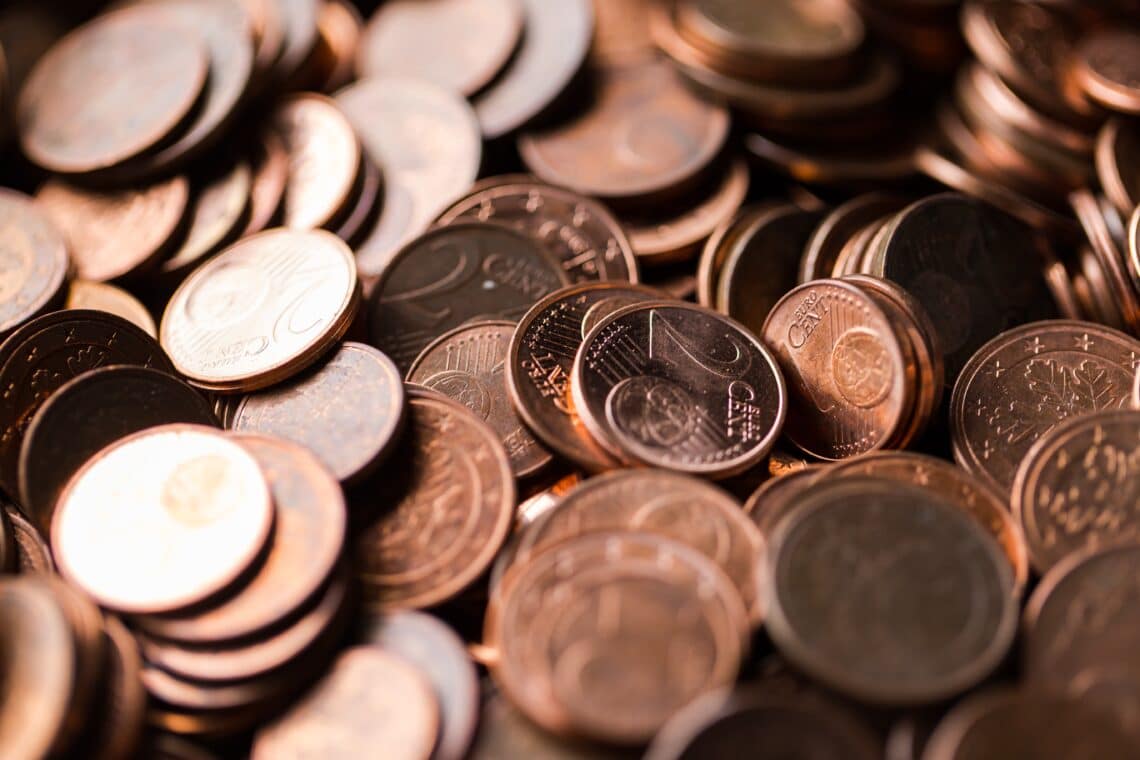
At the oldest ethical bank in Germany, the Steyler Ethik Bank, you pay 5 euros (the account is free for customers under 27). And the social-ecological GLS Bank charges 3,80 Euro / month. In addition, the majority of banks charge annual fees for the Girocard and the cost of the credit card.
The interest
The interest conditions of ethical banks are often not particularly attractive, as for example a large number of the (cheaper) call money accounts simply do not generate any interest[3].
Conclusion:
Switching to an eco-bank can be worthwhile for those who want to invest their money with a clear conscience and know where they stand. Meaning: what happens to their money and how it is invested. Since transparency is a high good of all environmental banks, you will find here what you are looking for. And anyone who attaches importance to a careful, responsible way of life anyway and is keen to take this into account when choosing their bank is sure to find attractive offers at one of the ethical banks in Germany. In addition, such a bank could be interesting for customers who want to turn away from the profit- and profit-oriented, classical institutions.
Before a possible change one must note however that most ecological banks are direct banks and are therefore only rarely branches at the own domicile and/or location. It should also be clear that the account management fees at ethical and environmental banks are usually higher than at the traditional institutions.
Sources:
[1] Number of vegetarian and vegan living people in Germany (proveg.com)
[2] Sustainability as the most important motive for second-hand shopping – internetworld.de
